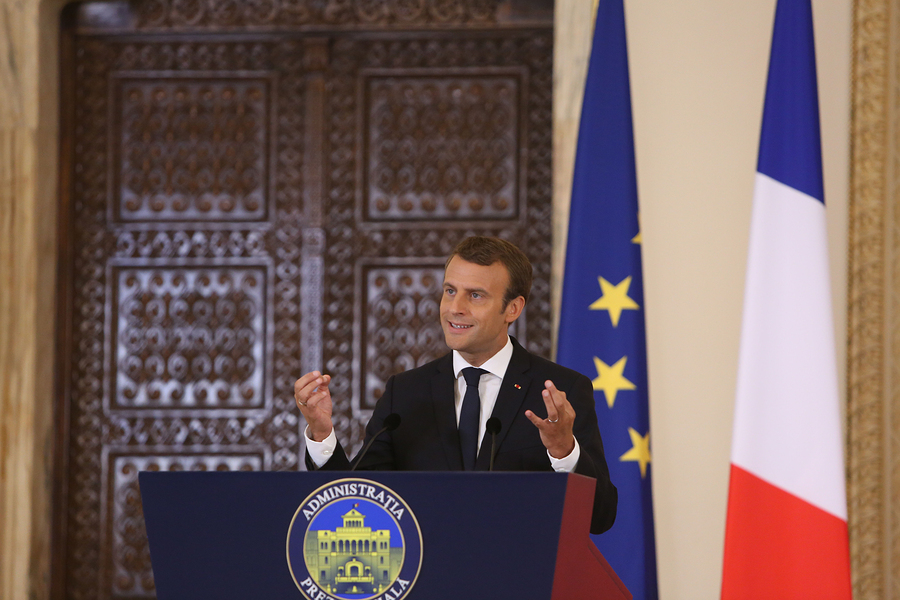Find the Asset in Adversity

Right now, “It’s the most wonderful time of the year” echoes throughout thousands of homes, cars, and businesses. Yet, as so many of us experience each day, there is plenty happening that we would not qualify as “wonderful” or joyous. Despite the adversities faced by communities, governments, and cultures across the world, these challenges present unique opportunities for growth and potential assets to be gained.
I recently travelled to New York for the first international Bloomberg Global Business Forum and the Bloomberg Philanthropies Group. The conference was designed in the wake of the financial, political, and geopolitical tremors that have shaken the world in recent decades.
Bloomberg Philanthropies describes the central mission of the Bloomberg GBF as addressing some crucial core questions, such as how do business leaders chart a clear path forward? How can leaders from business and government create a more transparent, equitable, and sustainable framework for the global economy? And, crucially, how can political leaders, working closely with global CEOs and other business leaders, construct a new multilateral economic order to solve challenges that led to the unraveling of so many twentieth-century assumptions and institutions?”
The time arguably has never been better for the serious consideration of these questions. As invited speaker, and French President, Emmanuel Macron put it, “We are in a very specific moment. We have a lot of global challenges: climate change, migrations, terrorism—and for that, we do need multilateralism.”
The acceptance of these challenges and adversities, however, can come unforeseen strength, innovation, and value.
In a panel called “Global Leaders on the Economics of Climate Change,” Strive Masiwiya was asked about his advocacy of an African green revolution and climate-change dissenters, to which he replied, “You cannot solve a problem that you cannot accept.”
The unique opportunity at the Bloomberg GBF was to hear directly from those in the know—with current windows into what individual nations and businesses can do to mitigate climate change at a time when there is more public- and private-sector cooperation and more available business capital than any time before. As Engie CEO Isabelle Kocher suggested, while climate change is “a threat—it is also a fantastic lever” in the sense that it is “the very first real global challenge … and the first time any decision made by anyone anywhere has an impact on everybody.” It is this unprecedented solidarity, she explained, that will enable us to tackle not just climate change, but other game-changing challenges such as poverty and food supply.
We can choose to look at challenges within our communities and throughout the world as opportunities for involvement and change. Adversity can be an asset if we choose it to be. Challenges can force us to find new, better solutions and motivate us to work together toward collective solutions. I’ve seen it firsthand as a boy born into a poor family in a small Nigerian village who was one of the first to adopt the internet in Nigeria and founded one of the most profitable banks on the continent. Leverage the adversity in your environment to create assets you never thought possible.
First featured on ForbesBooks.com